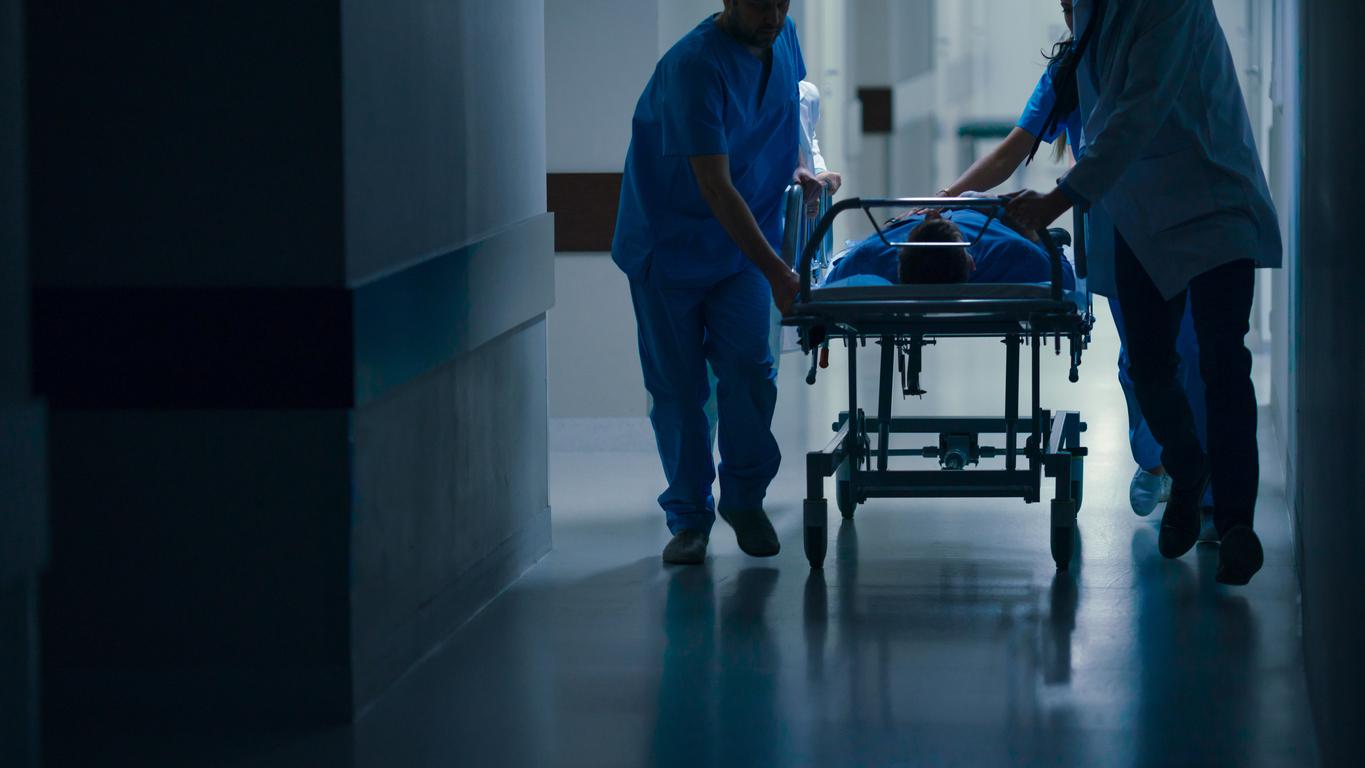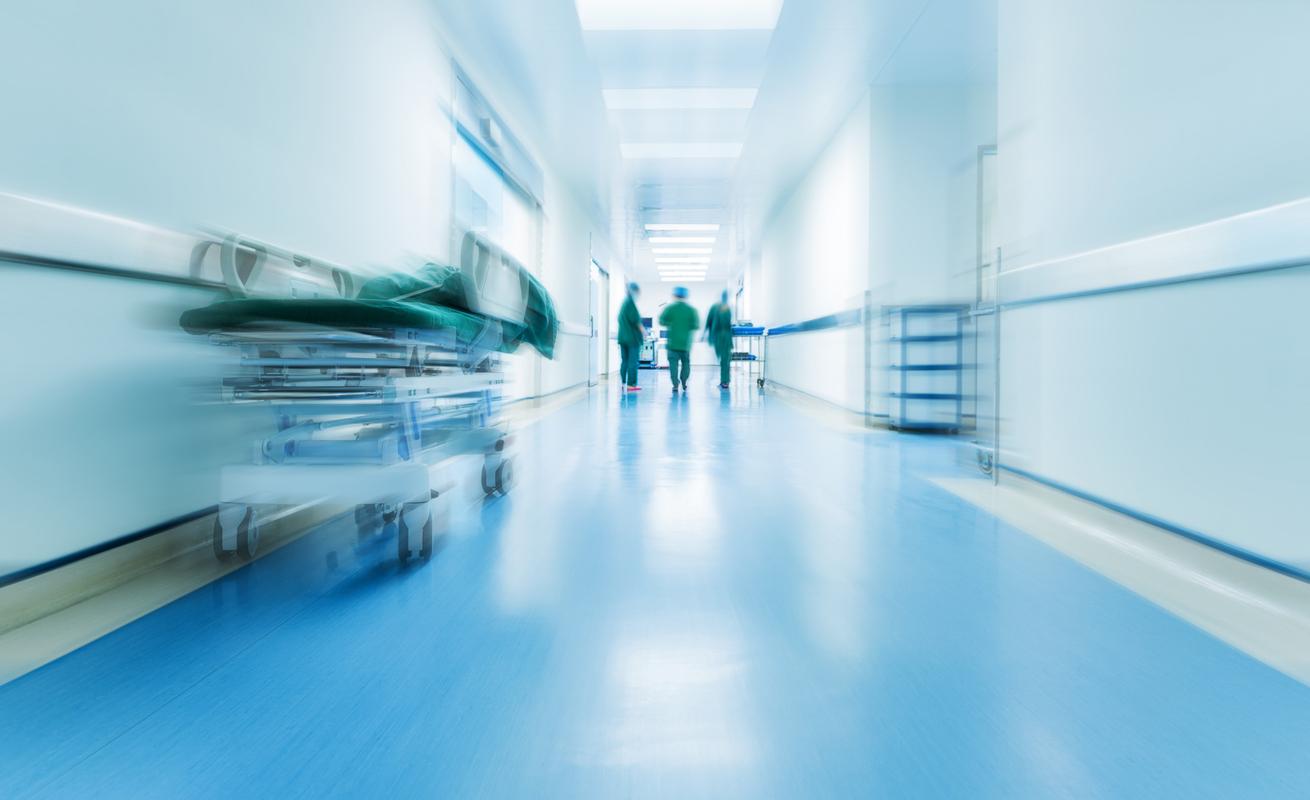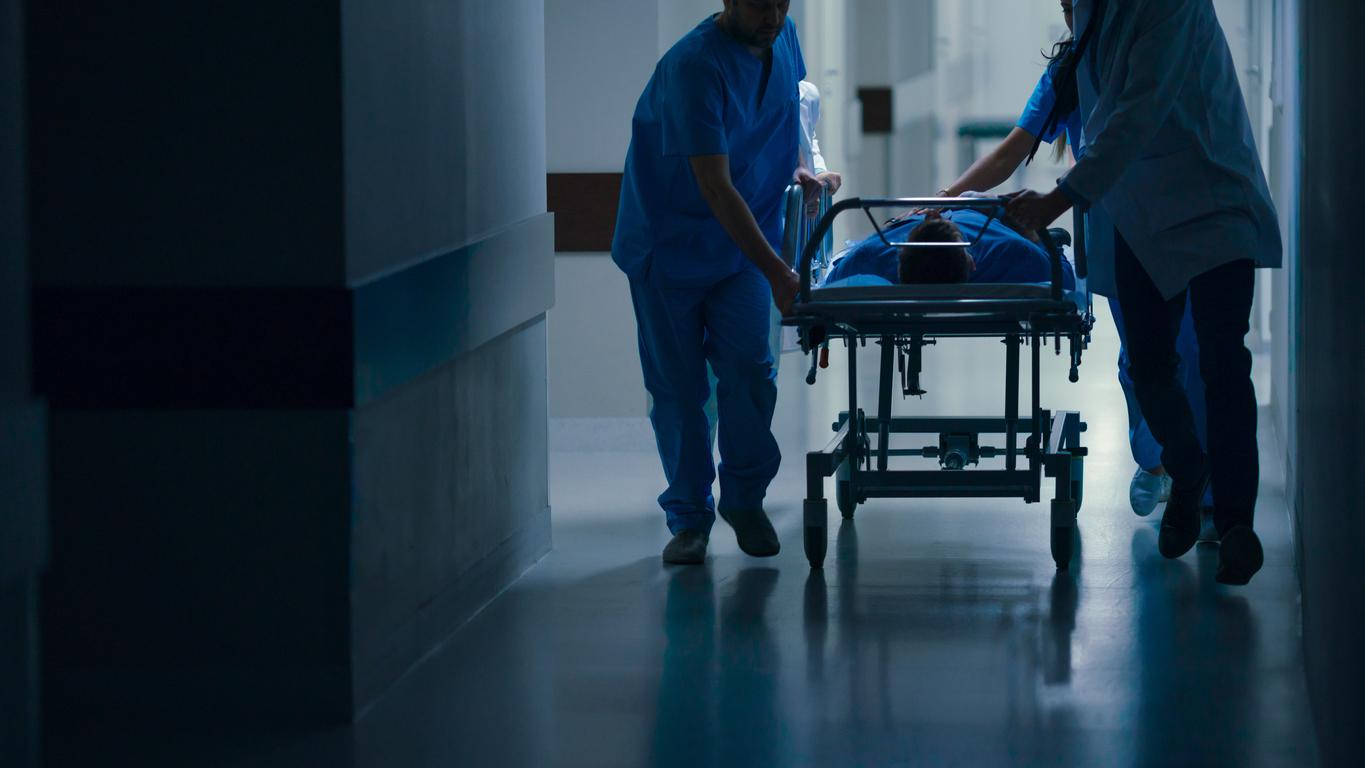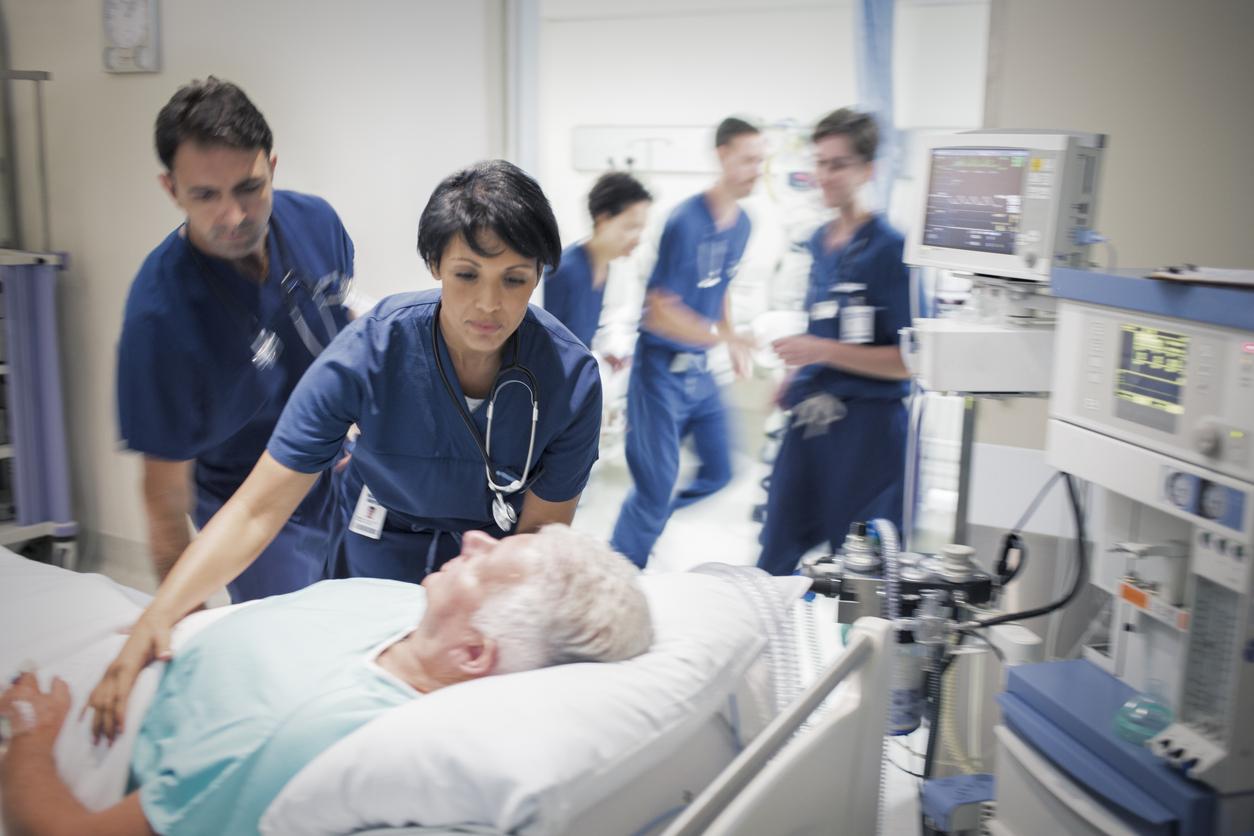Some public hospitals in large cities have announced that they are starting to cancel non-essential procedures due to the rising tension of the second wave of the Covid-19 pandemic. Faced with these decisions, the Biomedicine Agency calls for us not to forget to ensure the continuity of the organ transplant sector.

- The Biomedicine Agency recommends keeping the organ removal and transplant channels functional, despite the second wave.
- It calls for the creation of a coordination team to ensure the continuity of activity in all regions and to help hospitals to transfer their activity to another establishment if necessary.
Tension is rising in some public hospitals over the threat of a second wave of the Covid-19 epidemic. Several establishments such as those of the AP-HP (Assistance publique – Hôpitaux de Paris) have announced that they are preparing to cancel some operations “non-essential“. The AP-HP specifies “that it is, at this stage, decisions taken on a case-by-case basis, or service by service, but not an organization of a global deprogramming” and asks people not to give up care. Same story in public hospitals in Lyon and Saint-Etienne. In this preparation, the Biomedicine Agency asks that the transplant sector be thought out and managed during these stormy times.
“It is hoped that health establishments will ensure the availability of medical and paramedical personnel, who constitute the medical and surgical teams contributing to the removal and transplantation of organs, as well as those of the hospital coordination of organ removals and fabrics; anticipate the constitution of negative COVID networks within them; and organize, lastly, the possibilities of having patients in need of an organ transplant taken care of in the negative COVID sectors of another establishment authorized to carry out transplant activity, located in the same region or , if applicable, in another region” she asks. To pilot these measures and ensure follow-up at the national level, the agency is asking for a coordination team to be set up.
Circuit complicated by Covid-19
Thus the Biomedicine Agency also recommends that “the collection activity must be able to be maintained, in particular in the regions least impacted by the COVID-19 epidemic.“However, the circulation of the virus complicates the mechanics of transplant donation.”It is recommended that potential organ donors benefit, in the 24 hours preceding the organ removal, from a nasopharyngeal (or endo-tracheal) RT-PCR test, if necessary supplemented by blood serological tests, whose result must be negative for the sample to be takenshe assures. Finally, it is advisable to search the entourage of the potential donor for possible infectious contacts or symptoms suggestive of infection with the COVID-19 virus observed in the 28 days preceding the death of the donor. ‘interested.“She asks to do the same with the receiver.
Assessment of the benefit/risk ratio
The Agency requests that hospitals unable to maintain this organ transplant activity be able to carry it out in another hospital, if possible in the same region, less exposed to the treatment of Covid-19. It also asks that non-vitam organ transplantation (kidney, pancreas) not be canceled except at a critical stage of the epidemic and under conditions. “In this eventuality, the decision to perform a non-vital organ transplant can only be taken on the basis of an assessment of the benefit/risk ratio for the patient, taking into account the epidemic context, and on the condition that the person concerned can be supported as part of a negative COVID sectorrequires the Biomedicine Agency. The typology of patients with a temporary contraindication will take into account the fragility factors of the recipient (age, comorbidities, immunization, etc.).”
.















